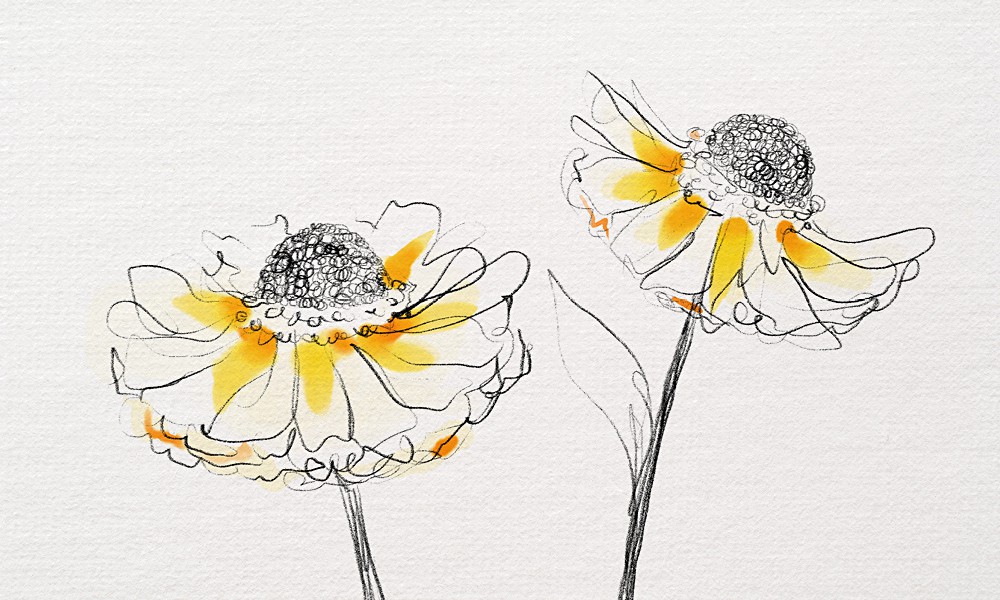The report of the Queensland Law Reform Commission(QLRC), ‘A legal framework for voluntary assisted dying’, draft Voluntary Assisted Dying Bill 2021, and Report Summary were tabled in Parliament on 18 May 2021.
The Voluntary Assisted Dying Bill 2021 (the Bill) was introduced in Parliament on 25 May 2021.
The tabling of the report and draft legislation is the culmination of the QLRC’s review of voluntary assisted dying (VAD), which commenced on 1 July 2020 at the request of the then Acting Attorney-General and Minster for Justice (read the terms of reference).1
The QLRC conducted an extended consultation process during which the Queensland Law Society and other key stakeholders made submissions.
Accessing VAD
The Bill outlines the process of “request, assessment and administration” by which a person may access the VAD scheme.
Initially, a person must make a formal request to access the VAD scheme.2 If this request is accepted by an eligible medical practitioner, an assessment of the person is undertaken to determine their eligibility to access the scheme. They must be “separately and independently assessed by two doctors”.3
In order to be eligible to access the VAD scheme, the Bill provides that the applicant must meet all of the following five conditions:
- have an eligible condition
- have decision-making capacity
- be acting voluntarily and without coercion
- be aged at least 18 years, and
- fulfil a residency requirement.4
The ‘eligible conditions’ referred to in (1) above include a “disease, illness or medical condition that is:
- advanced, progressive and will cause death
- expected to cause death within 12 months, and
- causing suffering that the person considers to be intolerable.”5
Notably, the eligibility conditions do not require the person’s condition to be “incurable”. The person’s “suffering” is also a subjective assessment, to be determined by the person requesting access to the VAD scheme.
If the applicant satisfies the eligibility requirements, they must then make two further requests to access the scheme, the first and third being separated by at least nine days.6 The QLRC considers that a process requiring three requests, a “waiting period”, and certification by two independent doctors provides necessary safeguards to ensure the applicant is accessing the scheme voluntarily and without coercion.7
If these requirements are met, the applicant may then decide to progress to the administration stage. At this point, the “voluntary assisted dying substance” is prescribed and is either self-administered by the applicant or administered by a suitably qualified practitioner.8
Voluntary assisted dying versus voluntary assisted suicide
The Bill contemplates that a person who dies by accessing the VAD scheme will not be deemed to have committed suicide, and any health practitioner who assisted in the process is “not liable for homicide or the crime of assisting suicide”.9
The person’s cause of death will be attributed to the disease or illness they are suffering from which initially made them eligible for the VAD scheme.10 In this respect, the QLRC distinguishes between ‘suicide’ and ‘dying’, where the scheme does not represent a choice between the person’s life and death but is rather an opportunity for people who will die within 12 months to choose the time of their death.
Human rights principles
The Bill lists a number of human rights principles that underpin the VAD legislative framework, including (among others): that human life is of fundamental importance; every person has inherent dignity and should be treated equally and with compassion and respect; a person’s autonomy, including autonomy in relation to end of life choices, should be respected; a person who is vulnerable should be protected from coercion and exploitation; and, a person’s freedom of thought, conscience, religion and belief and enjoyment of their culture should be respected.11
Notably, the Bill does not specifically require a person to act in accordance with those principles when exercising a power or performing a function under the legislation.
Enduring capacity
Persons accessing the VAD scheme must have decision-making capacity at all stages throughout the VAD process. While this restriction will prohibit access to some individuals with degenerative conditions, the QLRC expressed strong reservations about how a workable framework might be developed to allow access to the scheme to those people who lose decision-making capacity after making an advance health directive or similar.
Conscientious objections
The Bill recognises the right of individuals with a conscientious objection to not participate in the VAD process. “Health practitioners” may refuse to provide VAD assistance on the basis of a conscientious objection, but must “inform” the applicant about other VAD practitioners or services and “give” the person information about VAD practitioners or services. The Bill does not require the health practitioner to transfer care of the patient.
Recognising that speech pathologists play an integral part in assisting people with advanced illnesses to communicate, the Bill also provides them with a right to conscientious objection. Speech pathologists with a conscientious objection must inform their employer or their objection, inform the person requesting their services of another speech pathologist, and not impede access to speech pathology services for VAD.
The Bill distinguishes between “permanent residents” and “non-permanent residents” of facilities who have an institutional conscientious objection to VAD. Where a person is a permanent resident of a facility with a conscientious objection, the facility must allow reasonable access to the person at the facility to health care practitioners for the purpose of facilitating VAD.
Where the person is a non-permanent resident of a facility with a conscientious objection, the facility must take reasonable steps to transfer the person to another facility, unless the deciding practitioner is of the opinion that transfer is not reasonable.
Entities are also required to publish information about the fact that the entity does not provide services associated with voluntary assisted dying, in a way which is likely that the persons who receive the services of the entity, or may do so in the future, become aware of the information.
Criminal offences
The Bill proposes seven new discrete criminal offence provisions. Criminal liability will not attach to those acting in good faith and without negligence in accordance with the legislation.
Where to from here?
The Bill has been referred to the Health and Environment Committee for a further period of consultation. Submissions on the Bill are due to the committee by 9am on Friday 2 July 2021. Public hearings will be held throughout Queensland in July and the committee is due to report to Parliament by Friday 20 August 2021. The Bill will then be presented to the Parliament for a conscience vote in September.12
Brooke Thompson is a Queensland Law Society Policy Solicitor. Anna Whip is a Legal Assistant with the QLS Policy team.
Footnotes
1 Department of Justice and Attorney General (Qld), ‘Terms of Reference: Queensland’s Laws Relating to Voluntary Assisted Dying’ (21 May 2020), qlrc.qld.gov.au/data/assets/pdf_file/0018/661113/VAD-Amended-Terms-of-reference-12-Jan.pdf.
2 Queensland Law Reform Commission, A Legal Framework for Voluntary Assisted Dying (Report Summary, May 2021) 5 (Report Summary).
3 Ibid 1.
4 Ibid.
5 Ibid 4.
6 Ibid.
7 Ibid.
8 Ibid 6.
9 Ibid 8; See also Criminal Code 1899 (Qld) s311.
10 Report Summary (n2) 9.
11 Voluntary Assisted Dying Bill 2021 (Qld) s5.
12 Kate McKenna, ‘Conscience Vote to Decide Queensland’s Voluntary Assisted Dying Laws’, ABC News (online, 19 May 2021), abc.net.au/news/2021-05-19/qld-voluntary-assisted-dying-legislation-reaction/100146762.












Share this article